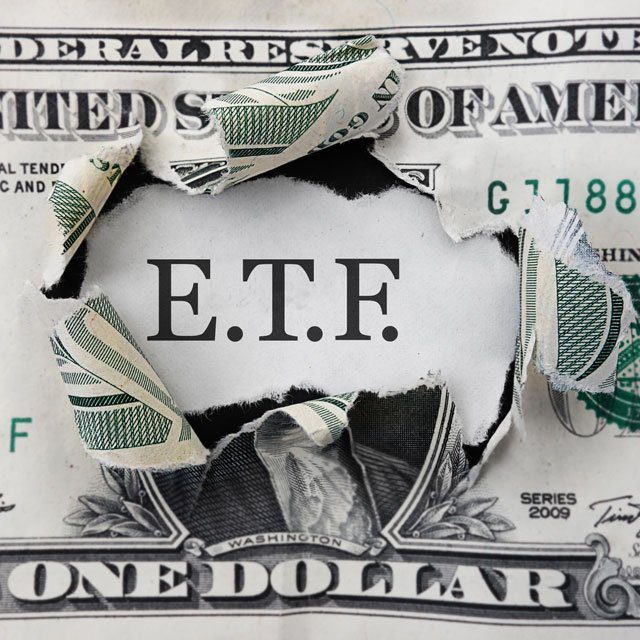Why ETF Use Is Still Growing Among Investors, Advisors

What You Need to Know
Year-to-date ETF inflows are the second highest on record, according to ETFGI.
Commission-free investing platforms are helping to drive that growth, said ETFGI’s Deborah Fuhr.
More firms are converting mutual funds to ETFs, which generally are more tax efficient.
The ETF industry in the U.S. has drawn year-to-date net inflows of more than $343 billion, the second-highest on record, including $35.54 billion recorded last month, independent research and consulting firm ETFGI recently reported.
ETFs continue to expand in the U.S. among retail investors, financial advisors and institutional investors, with each one finding different use cases, Deborah Fuhr, ETFGI managing partner, founder and owner, told ThinkAdvisor in an interview early this month.
In July, assets invested in the ETF industry in the U.S., including exchange-traded funds and other exchange-traded products, increased by 6.9% month-to-month to $6.61 trillion, according to ETFGI, which also reported that the U.S. industry had 2,981 products from 251 providers on three exchanges.
Platforms that allow investors to buy and sell stocks and ETFs commission-free are helping to drive retail ETF use, Fuhr said. “That was a big change.”
Many retail investors find ETFs a useful tool to address their views on trends and themes and other market areas in which they want exposure, she said.
“You’ve also seen financial advisors increasing their use of ETFs,” Fuhr noted, adding that many use model portfolios that come from ETF issuers or other sources. Model portfolios using ETFs also are driving flows, she said.
Active ETFs have become more popular as investors look for the COVID-19 pandemic to be over and to take on more risk, according to Fuhr, who noted that several major firms have now entered the industry with active ETFs. (Capital Group introduced six active ETFs this year, its first ETF suite.)
Some firms, like Dimensional Fund Advisors and J.P. Morgan Asset Management, have been converting mutual funds into ETFs, which generally are more tax efficient, she noted.






